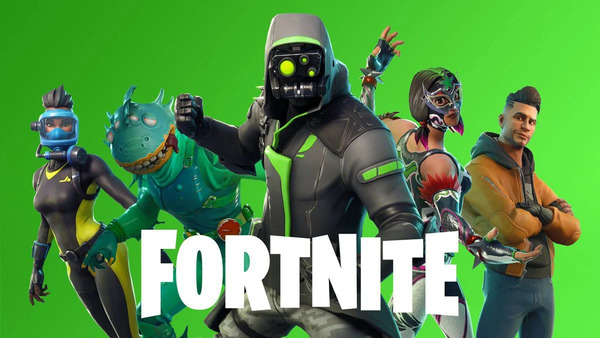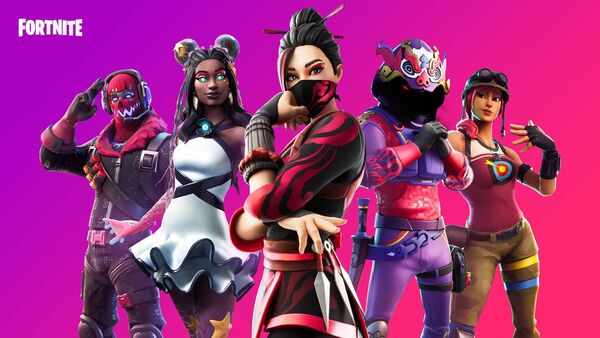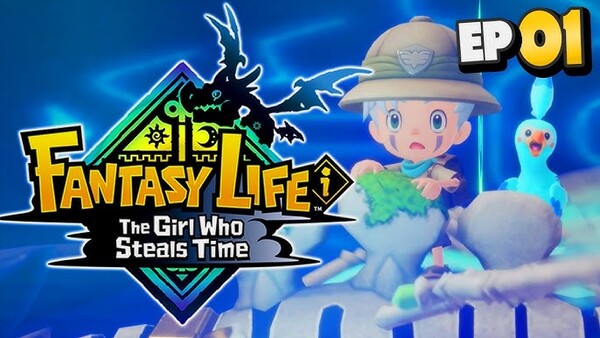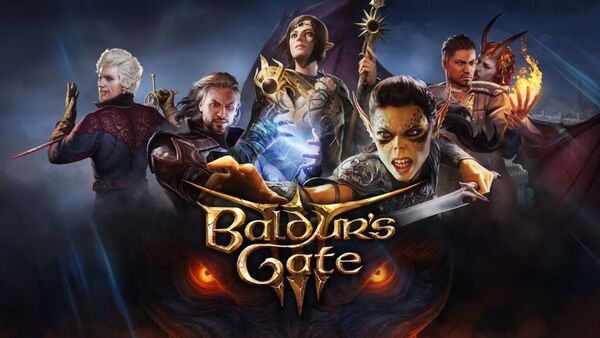Advertisement
Popular Now
Fortnite has become a global phenomenon since its 2017 release, with its battle pass system being a key feature. However, this system has sparked significant controversy. While it offers exclusive rewards through progression, it also brings several issues, from pressure to spend money to grind fatigue. This article explores these problems, including the over-saturation of cosmetics, complex challenges, and the economic implications, and examines how they may affect the game's future.

 As the seasons progress, Fortnite’s battle pass rewards have become less unique, with an over-reliance on reskins. Many players feel that the large quantity of rewards detracts from their value, reducing the appeal of the pass and contributing to the perception that Epic Games is prioritizing quantity over quality.
As the seasons progress, Fortnite’s battle pass rewards have become less unique, with an over-reliance on reskins. Many players feel that the large quantity of rewards detracts from their value, reducing the appeal of the pass and contributing to the perception that Epic Games is prioritizing quantity over quality.
 Many long-time players have voiced dissatisfaction with the battle pass, criticizing its monetization practices and the grind required to unlock rewards. Despite some adjustments by Epic Games, such as allowing players to purchase specific cosmetics, many still believe the system needs to be reworked to improve fairness and accessibility.
Many long-time players have voiced dissatisfaction with the battle pass, criticizing its monetization practices and the grind required to unlock rewards. Despite some adjustments by Epic Games, such as allowing players to purchase specific cosmetics, many still believe the system needs to be reworked to improve fairness and accessibility.

What is the Battle Pass System?
Fortnite's battle pass is a seasonal progression system that unlocks rewards as players complete challenges and earn XP. It operates on a freemium model where the base game is free, but the battle pass costs real money (around $9.50). This system has been highly profitable for Epic Games but raises concerns about fairness and accessibility for non-paying players.Players Feel Pressured to Spend Money
While the battle pass offers exclusive content, non-purchasers often feel left out of the best rewards. The fear of missing out (FOMO) on limited-time cosmetics pushes players to buy the pass. Moreover, the time investment required to level up in the battle pass can make the game feel like a grind rather than a fun experience.The Over-Saturation of Cosmetics
 As the seasons progress, Fortnite’s battle pass rewards have become less unique, with an over-reliance on reskins. Many players feel that the large quantity of rewards detracts from their value, reducing the appeal of the pass and contributing to the perception that Epic Games is prioritizing quantity over quality.
As the seasons progress, Fortnite’s battle pass rewards have become less unique, with an over-reliance on reskins. Many players feel that the large quantity of rewards detracts from their value, reducing the appeal of the pass and contributing to the perception that Epic Games is prioritizing quantity over quality.
Battle Pass Challenges: A Source of Frustration
Challenges tied to the battle pass can feel more like chores than enjoyable tasks. They often require specific actions or high-level play, making them inaccessible for casual players. This frustrates many, especially as completing these tasks is essential to unlock the battle pass rewards.The Evolution of the Battle Pass System
Initially praised for its fairness, the battle pass has evolved with each season, introducing new features like "premium" and "free" reward tracks. While these changes added variety, they also made the system more complex, leaving some players feeling overwhelmed by the number of challenges and rewards.Impact on Player Retention and Engagement
While the battle pass helps maintain player engagement, it can also cause "grind fatigue." Players may feel compelled to log in daily, leading to burnout. This focus on short-term engagement can detract from long-term enjoyment, as players tire of the repetitive nature of the tasks.The Economic Impact of the Battle Pass
Although the battle pass is priced reasonably, players often spend more on additional cosmetics or subsequent battle passes, leading to a cumulative financial burden. Though Fortnite avoids a pay-to-win model, some feel that the system encourages a pay-to-progress mentality, subtly favoring paying players with exclusive rewards.The Community Response
 Many long-time players have voiced dissatisfaction with the battle pass, criticizing its monetization practices and the grind required to unlock rewards. Despite some adjustments by Epic Games, such as allowing players to purchase specific cosmetics, many still believe the system needs to be reworked to improve fairness and accessibility.
Many long-time players have voiced dissatisfaction with the battle pass, criticizing its monetization practices and the grind required to unlock rewards. Despite some adjustments by Epic Games, such as allowing players to purchase specific cosmetics, many still believe the system needs to be reworked to improve fairness and accessibility.


















